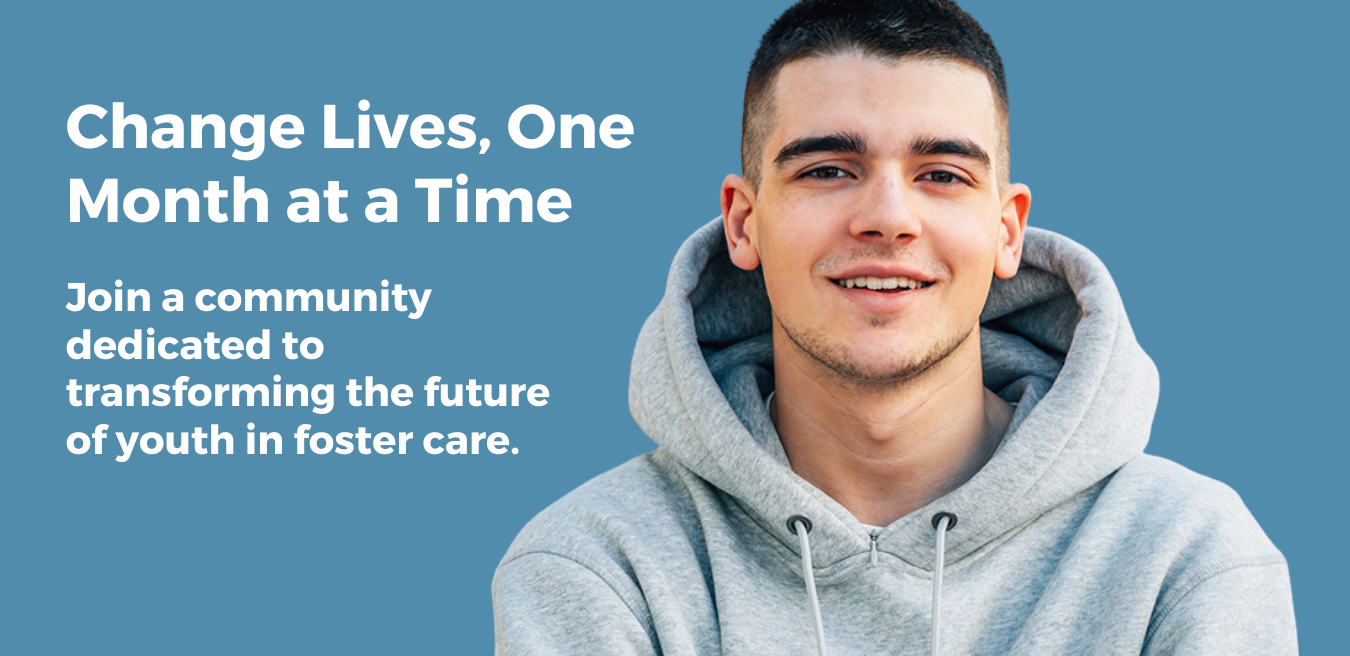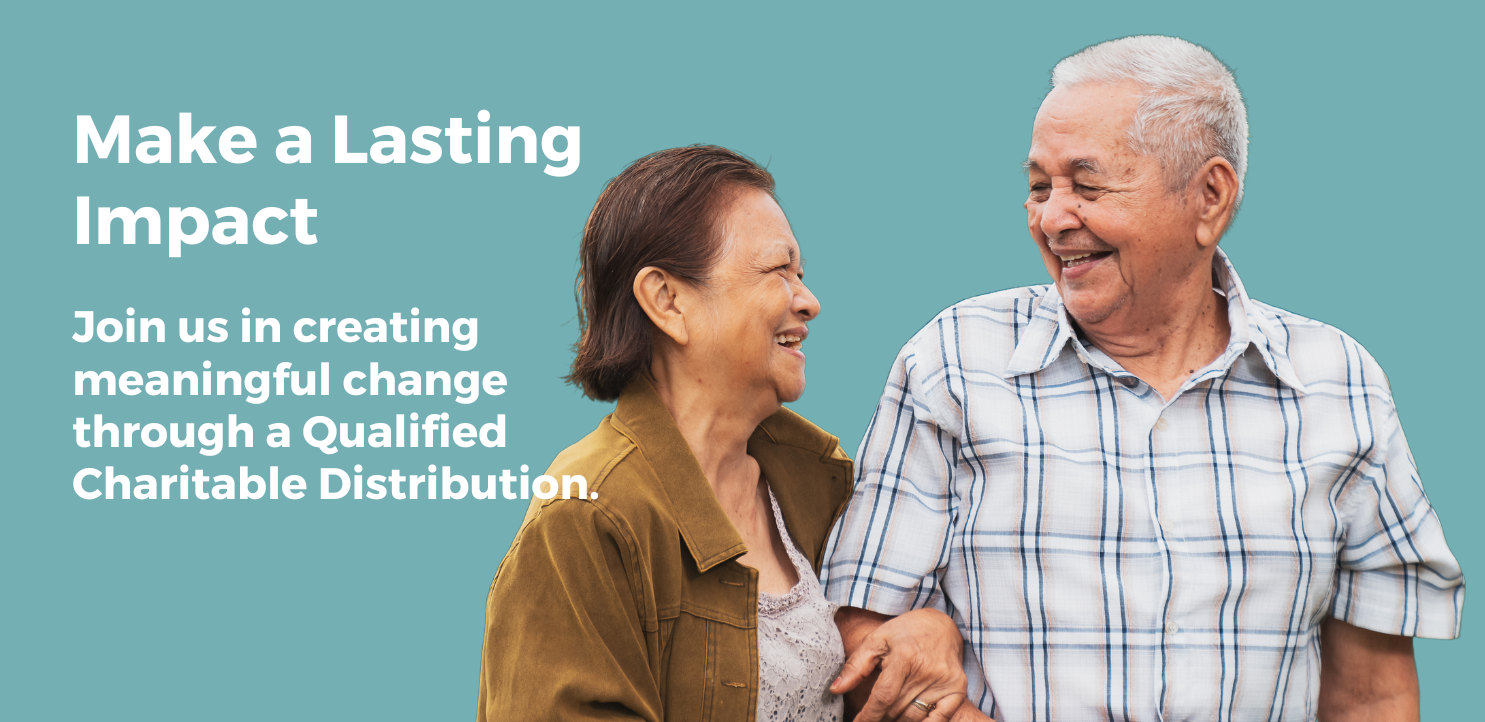
Developing Modification: The Role of Volunteers in Juvenile Justice Programs
Introduction
The juvenile justice system typically runs under a cloud of misconception and stigma, with lots of stopping working to acknowledge the capacity for rehabilitation and favorable change. Among the most significant forces driving this change is the generous commitment of volunteers. These people, who kindly contribute their time and abilities, play a crucial role in transforming the lives of young people caught in the web of juvenile justice. In this short article, we will explore Creating Change: The Role of Volunteers in Juvenile Justice Programs, analyzing how offering can foster individual growth, psychological healing, and significant modification within these susceptible populations.
Creating Change: The Role of Volunteers in Juvenile Justice Programs
Volunteers working in juvenile justice programs function as mentors, teachers, and supporters for youth who are often neglected by society. They provide psychological assistance, useful guidance, and encouragement for these young people to organize their lives. By engaging with at-risk youth through different initiatives-- such as mentoring programs, tutoring sessions, and life skills workshops-- volunteers assist build strength and self-confidence.


Understanding the Juvenile Justice System
What Is the Juvenile Justice System?
The juvenile justice system is created to resolve offenses dedicated by minors. Unlike adult courts, which focus on punishment, juvenile courts generally stress rehab. This technique acknowledges that children are still developing mentally and psychologically.
Key Components of the Juvenile Justice System
The Importance of Volunteer Support
Why Are Volunteers Essential?
Volunteers bring special skills and point of views that improve existing programs within the juvenile justice system. Their contributions can lead to enhanced results for youth by supplying role models who promote favorable behavior.
Benefits of Offering in Juvenile Justice Initiatives
- Skill Development: Volunteers acquire important experience that boosts their own professional qualifications.
- Community Impact: Positive relationships between volunteers and youths add to stronger communities.
- Increased Awareness: Volunteers can assist raise awareness about issues affecting juvenile offenders.
Types of Volunteer Opportunities Available
Mentoring Programs
One-on-one mentoring plans enable volunteers to connect meaningfully with youths dealing with challenges special to their circumstances.
Tutoring Initiatives
Volunteers can offer academic support through tutoring sessions that resolve instructional gaps brought on by disturbances in education due to incarceration or other factors.
Life Abilities Workshops
Workshops concentrating on vital abilities such as communication, conflict resolution, and Child welfare financial literacy gear up young people with tools necessary for successful reintegration into society.
Finding Volunteer Opportunities Near You
How Can I Discover Volunteer Jobs Near Me?
There are many methods to find volunteer opportunities:

Volunteer Opportunities Pleasant Hill
Residents in Pleasant Hill can access numerous local charities that focus on kids's services. Organizations frequently cater particularly to youth involved in the juvenile justice system.
Impact on Mental Health Through Volunteering
How Does Volunteering Impact Psychological Health?
Engaging with others through volunteer work has been shown to combat feelings of seclusion while boosting self-esteem and total psychological health for both volunteers and those they serve.
Key Mental Health Advantages for Youths Associated With Juvenile Justice Programs
- Improved Self-Esteem
- Decreased Anxiety
- Enhanced Resilience
Real Stories: Success Through Volunteer Efforts
Sharing success stories from both volunteers and program individuals offers a tangible peek into how volunteer efforts equate into genuine change:
Challenges Dealt with by Volunteers in Juvenile Justice Programs
Despite their noble objectives, volunteers experience numerous difficulties:
1. Psychological Strain
Working closely with distressed youths can be emotionally taxing; therefore, it's important for volunteers to practice self-care.
2. Resource Limitations
Many programs face moneying lacks that limit their capability to provide thorough services; however, volunteers can often action in to bridge these gaps creatively.
FAQs About Volunteering in Juvenile Justice Programs
What qualifications do I need to volunteer? Many programs require only interest and dedication; nevertheless, some might request background checks or specific training.
Can I pick what type of volunteering task I want? Definitely! Many companies permit you to pick roles that align with your interests or expertise.
Is there an age requirement for volunteering? Some programs may have age constraints; usually, you must be at least 18 years old or accompanied by an adult if younger.
How much time do I require to commit? Commitment levels differ extensively from one-time occasions to ongoing weekly engagements-- it's essential to find what works best for you!
Can volunteering improve my profession prospects? Yes! Many companies worth neighborhood participation highly; furthermore, you'll gain new abilities relevant throughout numerous fields.
Are there any virtual volunteer opportunities available? Definitely! Many organizations offer remote alternatives such as online tutoring or mentoring through video calls due to increased need during recent times.
Conclusion
In conclusion, the critical function played by volunteers within juvenile justice programs can not be overstated-- their effect ripples throughout neighborhoods far beyond specific interactions with at-risk youth. By investing time-- and often heart-- into these initiatives, they not only help with individual improvements however likewise contribute favorably towards wider societal modifications surrounding understandings of young offenders.
As we move on together towards social progress anchored around compassion instead of condemnation-- let's celebrate those unrecognized heroes prepared action up where they're needed most!
This article serves as a helpful guide on how people thinking about making a distinction can get involved while clarifying a vital element of our society-- juvenile justice reform led by enthusiastic volunteers committed towards developing significant change!